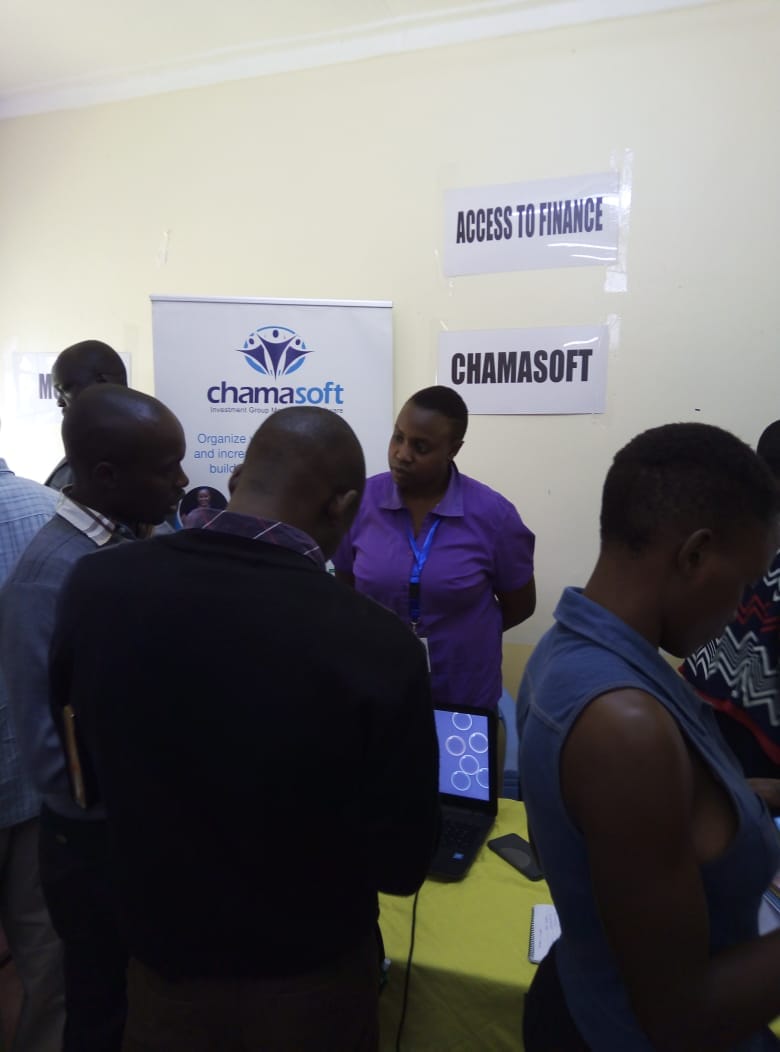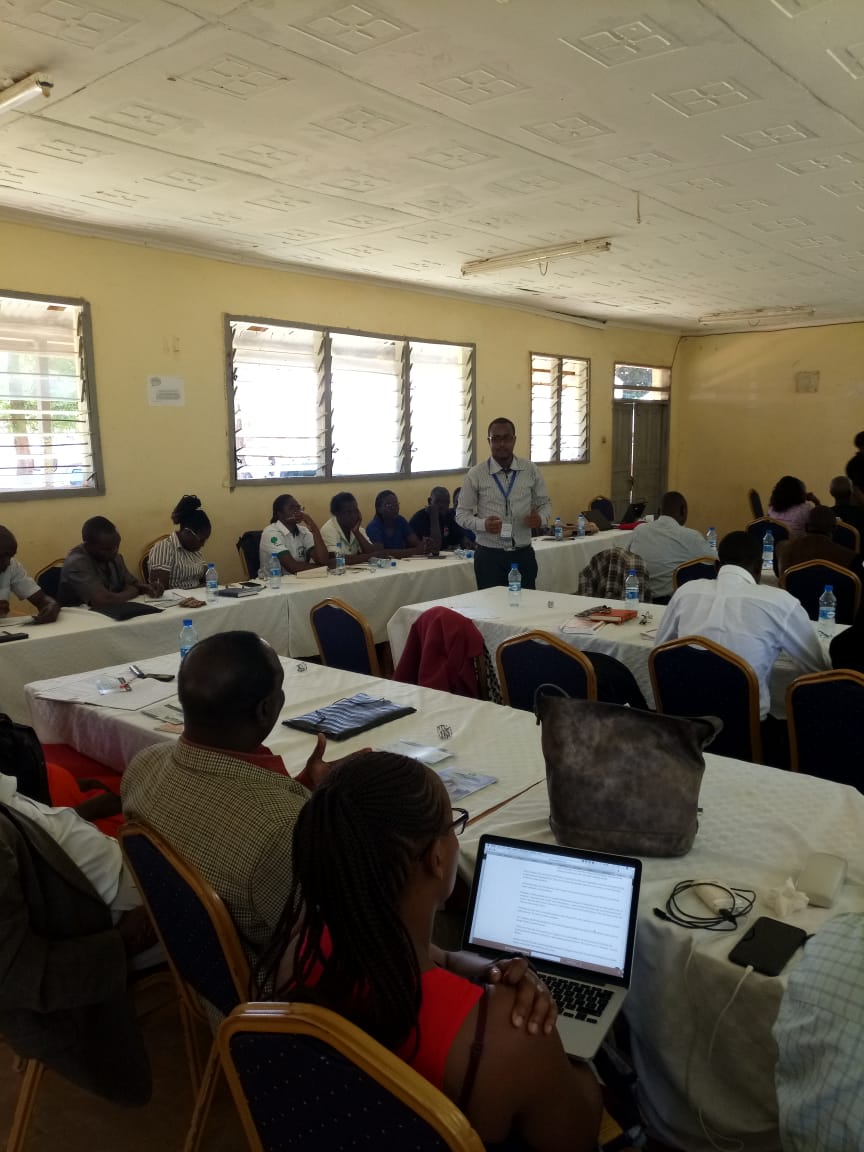It was on 11th September when we received the invitation from RTI international. RTI international is a non profit organisation that provides research development and technical services to government and commercial clients. In Kenya they are working with Kenya Crops and Dairy Market Systems (KCDMS) in implementing a project dubbed ICT in Agriculture for Market Systems and Chamasoft was shortlisted as one of the attendee companies.
The workshop was scheduled for the 25th and 27th of September at Kisii Agricultural Training College and Mabanga Agricultural Training Centre in Kisii and Bungoma respectively. This meant that we would start the journey on Monday September 24th .
From the invite, we were expected to pitch Chamasoft as an ICT solution under the Access to Finance category to Agro dealers and farmer associations in both counties.
We began the journey to Kisii on Monday. It was my first time visiting the western region. The journey was long and tiresome as expected and after seven hours we reached “Banana Town” Kisii Town. We pitched tent at Nyakoe which is about two kilometers from the venue of the workshop.
On Tuesday morning we were among the first to set up as we eagerly awaited for our esteemed audience.
The workshop was divided into two sessions. The first session was in the main lecture hall where each company was allowed a twenty minute presentation followed by a question and answer session. There was also a designated market place where the farmers would visit the different company booths, to interact in depth pertaining to the solution offered.

At the Chamasoft booth, it was a hive of activity.. Some of the farmers were tech savvy and had an idea of what the solution offers while others were just amazed at the new concept.
Many farmers in Kisii were amazed by the solution and its capability to streamline the communication and bookkeeping aspect in groups. They were also fascinated by its ability to generate reports and how the members could easily access the solution and keep track of group transactions.
Some of the farmers thought that the solution acts as a lending platform, so we had to demystify the functionality of the solution.
We also had the chance to interact with one of the farmers who is a user of the solution. He informed us that he was pleased with the services offered by the solution and he was eager to bring other groups on board.
We were also challenged by a few farmers who belonged to merry go round groups. They were interested in our offering, however we would have to tweak the solution to accommodate these kind of groups.
This was a wakeup call.!
Day 3 was dedicated to travelling. We were to leave Kisii town and regroup with the rest of the team in Bungoma town. The distance between these two towns is slightly above two hundred kilometers. There were no direct buses, so we had to connect our travel. We boarded one bus from Kisii to Kisumu and another from Kisumu to Bungoma. It took us about six hours to reach our destination.
In Bungoma, our residence was at Elegant Villas which was just at the outskirts of the town while the workshop was at Mabanga Agricultural Training College located ten kilometers from Bungoma town. We settled in quickly and revised our presentation for the day that followed.
On the fourth day we travelled to Mabanga very early so that we could setup before the farmers arrived. Similar to Kisii, the workshop in Bungoma had two sessions. The main lecture hall where the presentations would take place and a designated market place where the farmers would interact with the solution providers on one on one basis.

Having this in mind, we began our presentations with the aim of addressing at least one of these challenges.
During the morning session, the farmers were given a chance to introduce themselves and to state what challenges they were experiencing in their different groups and cooperatives. Some of the challenges mentioned include; bookkeeping challenges, marketing challenges, produce storage challenges and access to financial services.
After the presentations, the farmers were directed to the market place where we had the opportunity to interact with the farmers individually.
The key learning points;
- Farmers have formed groups.
- Most of these groups are non-formal.
- In these groups, the farmers make contributions which they use to fund their agricultural activities.
- The farmers are also members of Cooperative societies, where they sell their produce and request for loans.
- The farmers also belong to merry go round groups.
- Some of the groups want a bookkeeping tool while others want a solution that will offer more than bookkeeping e.g. access to lending services.
At the end of the workshop the farmers were requested by Kenya Crops and Dairy Market systems Activity team from RTI international, to submit their views and to choose a solution company which they wish to work with. After that, RTI international will consolidate the feedback and communicate to the institutions chosen and proceed with implementation. Judging by our efforts and interactions we are hopeful for positive feedback.
Day 5 we had to return to base. We journeyed back to Nairobi. Back to the grind with the experience in our hearts and the motivation to keep on going.
Categorised in: General
This post was written by
Please Subscribe and get Notified when new articles are posted
